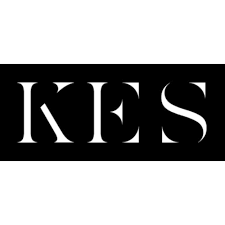A native of Kibbutz Afikim, Lia Kes grew up in an idealistic Israeli pioneering community in northern Israel. The idyllic landscape of orchards, plowed fields and nature at its best filled her childhood and day-to-day life on a kibbutz. This influenced Kes as a person and as a young designer. Kibbutz life required simple, practical clothing, and there was a raw, down-to-earth integrity to garments made at the communal sewing workshop known as the “matpera.†From the youngest to the oldest, the entire community was outfitted with the matpera`s simple, functional designs, which offered exceptional quality and a certain utilitarian charm.
A native of Kibbutz Afikim, Lia Kes grew up in an idealistic Israeli pioneering community in northern Israel. The idyllic landscape of orchards, plowed fields and nature at its best filled her childhood and day-to-day life on a kibbutz. This influenced Kes as a person and as a young designer. Kibbutz life required simple, practical clothing, and there was a raw, down-to-earth integrity to garments made at the communal sewing workshop known as the “matpera.†From the youngest to the oldest, the entire community was outfitted with the matpera`s simple, functional designs, which offered exceptional quality and a certain utilitarian charm.









